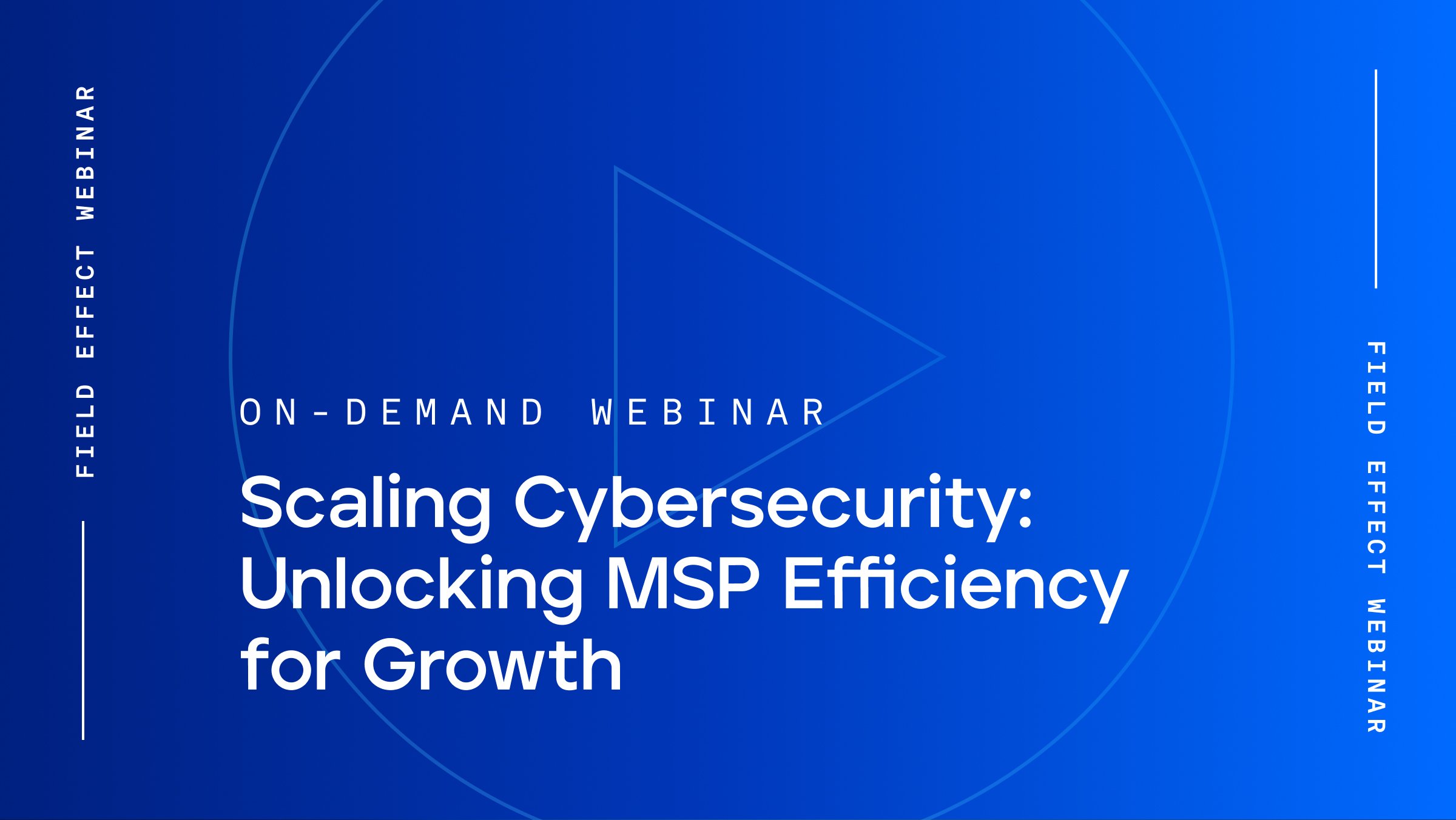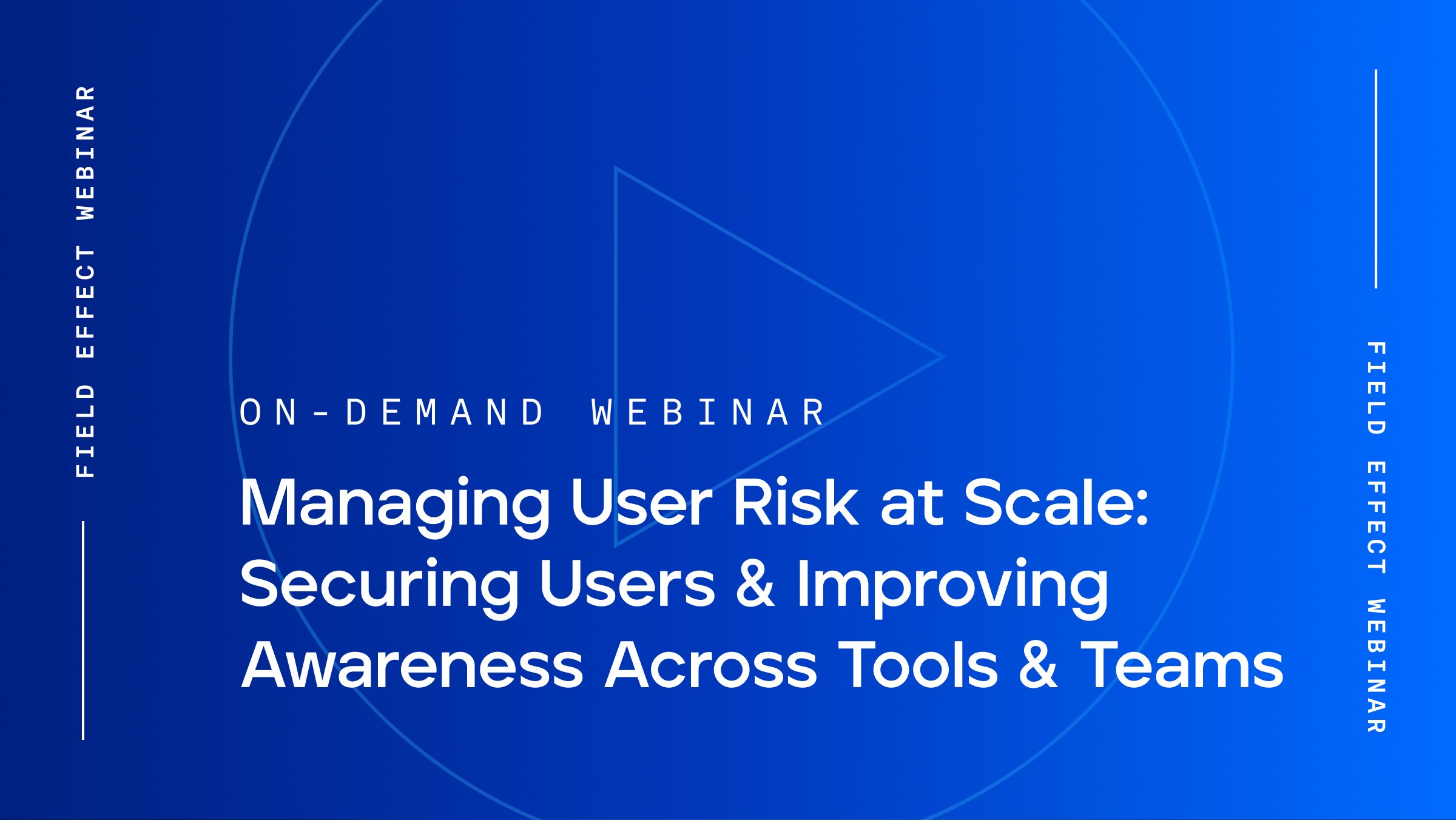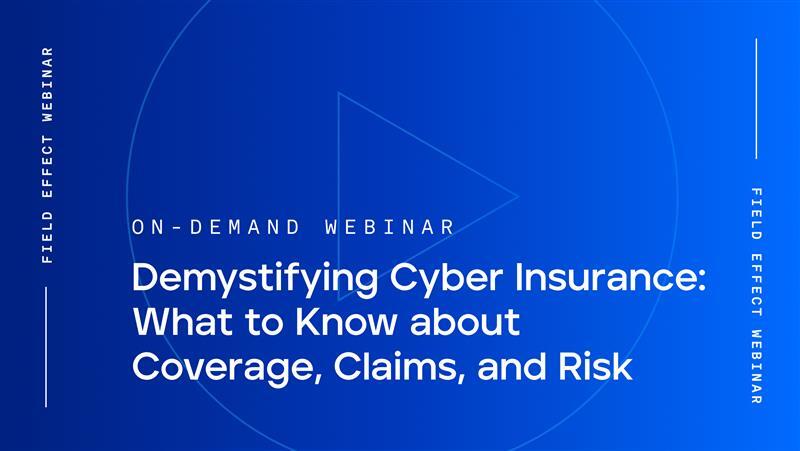
Security Intelligence
Last updated: December 9, 2025
In the United States, nearly every business—99.9% of them—qualifies as "small," with fewer than 100 employees. These organizations often lean on MSPs to handle specialized functions like IT and, increasingly, cybersecurity.
But cybersecurity isn’t plug-and-play. Delivering strong protection takes deep expertise, dedicated resources, and continuous vigilance—something that isn’t always practical for MSPs to build in-house. That’s where the right partner makes all the difference.
By teaming up with a trusted cybersecurity provider, you can quickly fold security into your service offerings, giving your clients what they need while opening the door to new revenue streams and growth opportunities for your business.
This guide breaks down what to look for in a cybersecurity partner and shares practical tips from MSPs who’ve been through the selection process.
Today’s small and mid-sized businesses are more tuned in than ever to the risks of cyberattacks. For MSPs, that means offering managed security isn’t just a value-add—it’s table stakes for winning and keeping clients.
So where do you start? More importantly, how do you add security to your stack without overloading your existing team?
For many MSPs, the solution is partnering with a cybersecurity company that brings the right expertise and tools to the table. But here’s the catch—not every provider is built to support you.
Some vendors offer limited support, overly complex tools, or play the sales game a little too aggressively—treating you more like a transaction than a long-term ally. That’s why it’s critical to look beyond just a service provider and find a true security partner.
The right partner works alongside you, helping streamline the entire process—from marketing and sales to deployment and support. They enhance what you already do, without introducing new headaches or hurdles.
The cybersecurity partner you bring on board plays a critical role—not just in protecting your clients, but in shaping their trust in your services. And that trust directly impacts your reputation and growth potential.
That’s why it pays to be deliberate. Don’t rush into a relationship with the first vendor you find. Take the time to evaluate your options and find a partner that truly aligns with your goals and client needs.
As you assess potential partners, use these five key questions to guide your decision-making. Their answers will help reveal which partner is the best fit for your business and your clients.
Start with the fundamentals—does this partner bring the cybersecurity expertise your clients expect and your team needs?
With more than 750,000 cybersecurity roles currently unfilled in the U.S., and 67% of cybersecurity professionals saying their teams are stretched beyond their skills, it's no secret that talent can be hard to come by. This “cybersecurity skills gap” isn’t just a buzzword, it’s a daily challenge for MSPs, too.
A strong partner helps close that skills gap. They bring the deep technical skills your team may not have in-house, offering services like threat hunting, active incident response, and continuous monitoring that require both experience and specialization.
Field Effect MDR, for example, simplifies complex alerts into clear, actionable insights using the ARO model—Actions, Recommendations, and Observations. Our expert analysts turn noise into clarity, giving your team the confidence to act, even without a security background.
Learn how our proprietary AROs work to effectively cut threat noise and reduce alert fatigue in this three-minute video.
The truth is that hiring security professionals is expensive, but there’s no substitute for real-world experience. Access to dedicated and experienced cybersecurity professionals who stay current on new threats will help you deliver the kind of managed security service your clients deserve.
Delivering managed security is about more than managing a product—it’s about selling it, too. But building marketing campaigns and sales materials around cybersecurity can be tough, especially if your team lacks deep security knowledge.
Even if you do have that expertise in-house, it still takes time and budget to create effective content. A true security partner eases that burden by stepping in with ready-to-use resources and ongoing support.
Look for a partner that helps you hit the ground running by:
This kind of support speeds up your path to revenue—helping you launch and grow your security offering faster, with fewer internal demands. It also gives you a clear edge when comparing providers: if pricing is similar, choose the partner that helps you go to market with strength and clarity.
Your clients' threat surface includes every device, account, and access point that attackers might exploit—laptops, phones, cloud apps, and beyond. The broader the surface, the more opportunities for cybercriminals to strike.
When choosing a partner, prioritize those who can secure as much of that surface as possible. Broad coverage means fewer gaps, lower risk, and stronger protection for your clients. It also means fewer tools to juggle, less operational noise, and more time back in your day.
Comprehensive coverage simplifies your security stack. Instead of cobbling together dozens of tools and dashboards, you can rely on one—or just a few—well-integrated solutions that actually work together.
Be cautious of providers that only offer piecemeal protection or are constantly nudging you toward another add-on. A partner that covers more from the start is more likely to invest in your long-term success, not just the next upsell.
As you explore cybersecurity partners, you’ll likely encounter big-name vendors promising all-in-one solutions. While they might seem like a safe bet, it's worth taking a closer look, especially when it comes to scalability and flexibility.
Large providers often come with rigid processes, asking you to conform to their way of doing business rather than adapting to yours. That’s a problem when your clients need tailored solutions that can grow (or shrink) based on their needs.
Another key consideration: licensing. Some vendors only offer large-scale packages, which might not make sense for your smaller clients. That can lead to bloated costs—either reducing your margins or forcing you to pass expenses along to customers.
The ideal partner meets your clients where they are, offering scalable packages and flexible licensing that align with how you do business, not the other way around.
A strong security partner should lighten your load, not add to it. So ask yourself: how well does this partner support your day-to-day work?
Start with the basics. Do they provide a single, intuitive dashboard with the insights you need at a glance? Or will you have to spend time stitching together data from multiple sources just to get a clear picture?
Training is another key factor. Your team needs to feel confident using—and selling—the security solution. The right partner comes prepared with ready-to-use onboarding tools: webinars, walkthroughs, quick-start guides, and more. If a provider skimps on education, you could face delays in getting up to speed, ultimately slowing your path to revenue.
These details matter. Clear communication, strong reporting, and built-in training can mean the difference between a solution that feels like a partner—and one that feels like a burden.
Check out our Partner Program and learn how easy it can be to provide your clients with the industry’s best cybersecurity.
Let’s close by looking at some real-world examples of how actual MSP leaders think about choosing security partners.
Global analyst firm Aite-Novarica Group (now Datos Insights) interviewed five North American MSPs that have managed security as part of their offerings. The study resulted in a report, Hands-Free Cybersecurity for SMEs: A Roadmap to MSP Growth, detailing what MSPs want, and need, from a partner to thrive in the managed security market.
We hosted a follow-up webinar with the report’s author and two MSPs from the study to dive deeper into their experiences choosing the right cybersecurity partner.
Craig Bell, Vice President at OT Group, suggests finding a partner who will help you with workload management, support in the backend, and offset some of your daily work efforts. Being able to contact someone—pick up a phone, send in a ticket, and find someone who will help address your issues promptly—is paramount.
Cody Smith, Founder and CEO at Arrowhead Technologies, says having a partner with a customer-centric focus is important. “In our geography, the cost of cybersecurity experts is astronomical; my ability as an MSP to obtain them is challenging,” he says.
Speaking about his current partnership with Field Effect, Cody concluded “We have a bench of hundreds of security analysts who are helping us solve problems and analyze incidents…It’s not just the product, but the team behind the product that enables us to be successful with it.”
The final piece of advice from both speakers? MSPs—do it immediately. Engage a partner.
“You’re doing yourself a disservice if you don’t do that,” says Cody. “You’ll lose sleep if you don’t have visibility inside client networks. You’re also going to be losing revenue by not adding this to your portfolio and additional revenue stream…Do it today.”
It’s one thing to be told you can earn more revenue by offering a security solution and another to see it put into action. Read our case study to see how one MSP increased its average revenue per client by 30% since adding Field Effect MDR to its managed security service.


